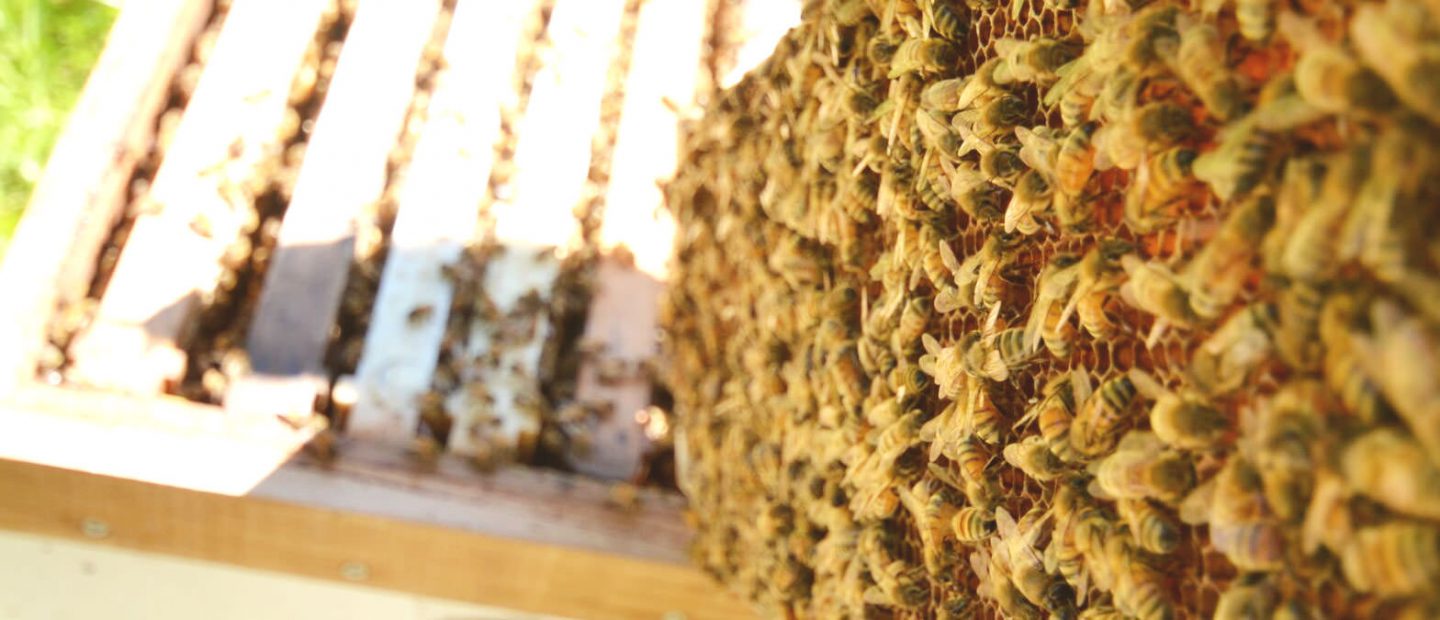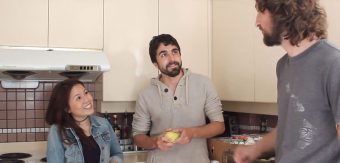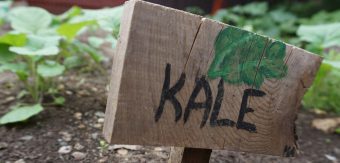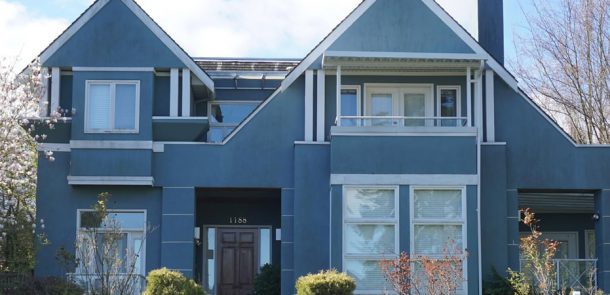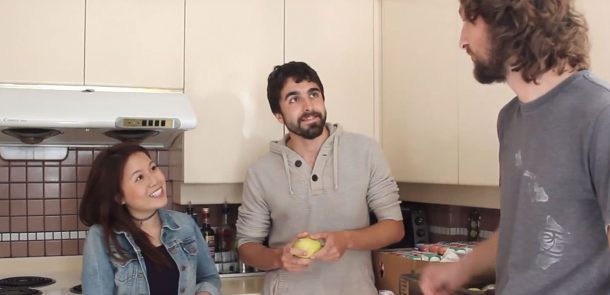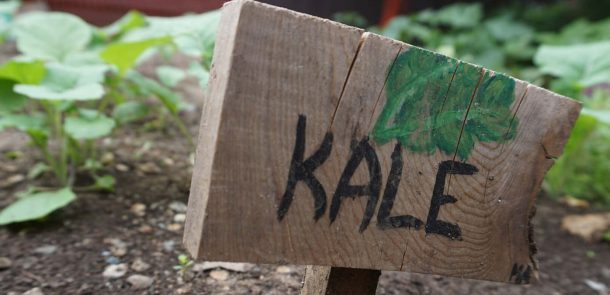The finale of a six-part series about how one millennial is creatively dealing with Van’s affordability problem (read part one, part two, part three, part four and part five).
Honey is renowned for its health benefits. It’s an anti-inflammatory, anti-bacterial, anti-fungal, wonderful for the gastrointestinal system and packed with anti-oxidants. Unfortunately, Vancouver has a tendency to price things which are beneficial for health (such as honey) at the costlier end of the spectrum. But fortunately for me, my mansion-renting roommates have found a long-term solution to make delicious honey a cheaper option.
No money? no honey
Buying a decent kilogram jar of sweet bee produce from one of Mount Pleasant’s finest honey establishments can cost you well above $20. However, a couple of my roommates (our cilantro-hating Warren, and 3D modeller, Kobe), decided to take an interest in beekeeping. This would ensure that (eventually) we would have a never-ending supply of sweet, sticky nectar.
A bee mansion fit for a queen
Whilst Warren jetted off to a short beekeeping course at a Urban Bee Supplies & Education just down the road in Delta, our drunken dinosaur-crafting carpenter, Bobby locked himself and his power tools in the garage and made a beeline for creating a beehive suitable for even the most ostentatious of mansions. Within an afternoon he had crafted a multi-level hive with its very own sloped, tiled roof. What a buzz he’d created with his free-spirited garage bumbling, fueled by cheap Albertan whisky.
Hive constructed, roommate trained, we set about buying some bees. These wonderful creatures have been in the news recently. Bees are dying out. So we wanted to do our bit to help them. We purchased a starting colony with a Queen of our own for a couple of hundred bucks from the same supplier who trained Warren, and set them up in their own sloped-roofed mini mansion. They would bee the envy of insects everywhere before long!
To bee or not to bee?
It is worth noting one has to be a little patient with bees, and things don’t always work out. For the first few months the bees will only create enough honey to feed themselves. It is possible to aid the process by giving the bees extra food in the form of sugar syrup. Bees need their honey to survive the winter (and stay warm) and in our first season we were unfortunate as the bees lost their buzz. Alas, they didn’t survive the cold. Following an extremely moving “Burn-a-bee” funeral service (during which we played, Let it be) for our first swarm, a new colony decided to bee proactive and moved into our empty hive. Now, this new colony is fully established and thousands of happy bees are buzzing around the mansion garden.
As a general rule, one can expect not to be able to harvest much, if any honey in the first season of beekeeping. However, watching these wonderful creatures cross pollinate your garden was lovely in year one, and we will only be sampling our honey this year. Fast forward to next spring, and we will be adding an extra “Super” (another hive box that holds the frames where the bees create honeycomb), to the hive. Hopefully, by next summer, the mansion will be buzzing with an abundance of honey, and mansion breakfasts will consist entirely of honey pancakes and honey on toast. Maple syrup can buzz off!

